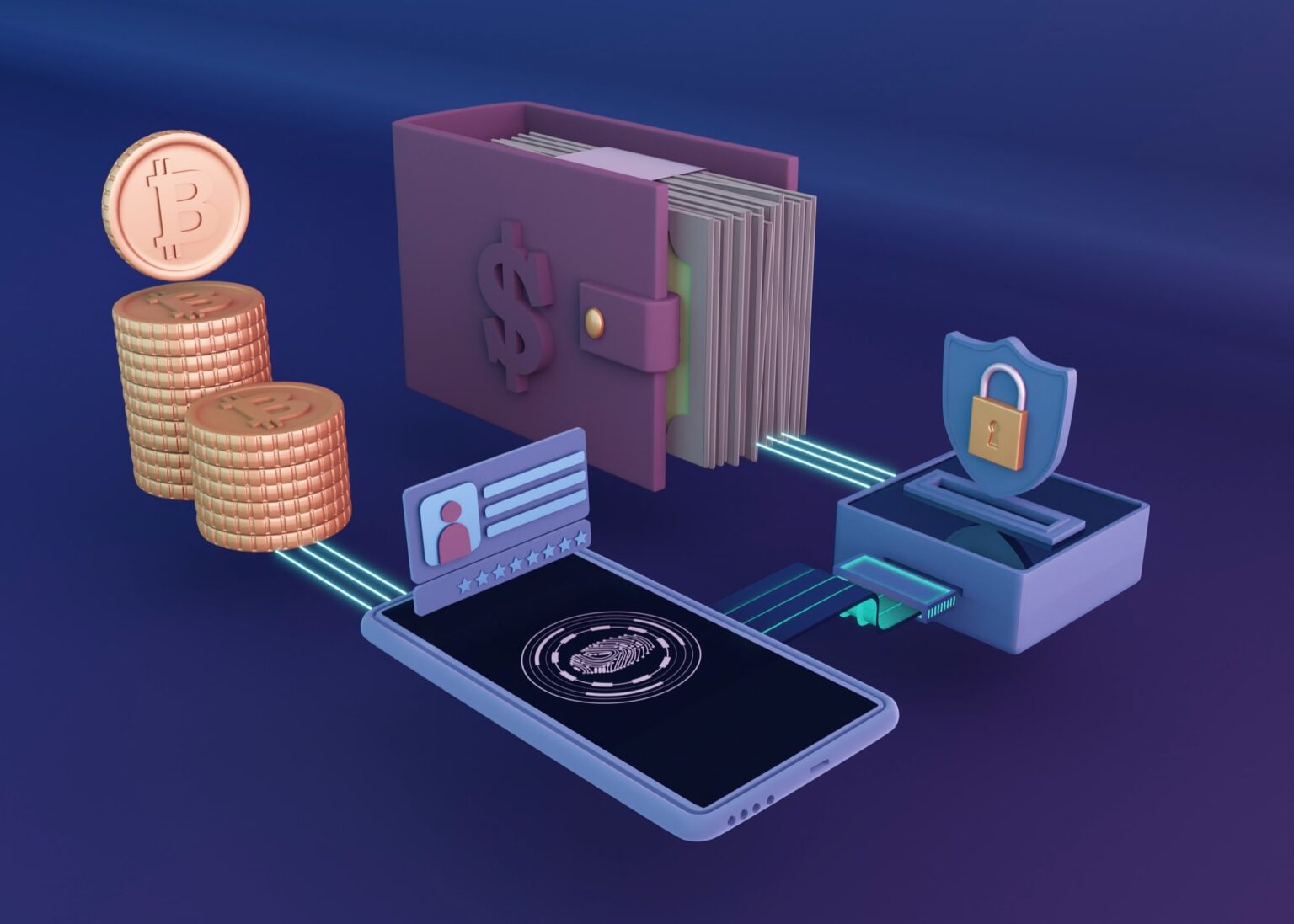Blockchain technology has the potential to revolutionize the management of intellectual property (IP) rights, particularly in the areas of copyright and ownership. However, it also presents certain challenges that need to be addressed. Here are some key considerations when addressing copyright and ownership challenges with blockchain:
-
Proof of Creation and Timestamping: Blockchain can serve as a timestamping mechanism, providing immutable evidence of the existence of creative works at a specific point in time. By recording the creation of works on the blockchain, creators can establish a clear timeline for their creations, which can be valuable in copyright disputes.
-
Digital Rights Management (DRM): Blockchain can be utilized for managing and enforcing digital rights associated with copyrighted works. Smart contracts can be used to automate licensing, distribution, and royalty payments. By embedding licensing terms and conditions into smart contracts, content creators can ensure that their intellectual property is used in accordance with their specified rights and permissions.
-
Authenticity and Attribution: Blockchain can help address issues of authenticity and attribution by providing an immutable record of ownership and creation history. By associating a unique identifier with a work and storing it on the blockchain, creators can establish a verifiable chain of ownership and ensure proper attribution.
-
Licensing and Royalty Distribution: Blockchain-based platforms can facilitate direct peer-to-peer licensing and royalty distribution, eliminating intermediaries and streamlining the licensing process. Smart contracts can automatically enforce licensing terms and ensure that creators receive fair compensation for the use of their copyrighted works.
-
Orphan Works: Orphan works are copyrighted materials whose owners are difficult to identify or locate. Blockchain can help address this issue by creating a decentralized registry of works and their ownership information. This can assist in identifying the rightful owners of orphan works and enabling appropriate permissions and licensing.
-
Privacy and Data Protection: While blockchain offers transparency and immutability, it also raises concerns regarding privacy and data protection. In the context of copyrighted works, it is crucial to strike a balance between transparency and the protection of sensitive information. Techniques such as encryption or off-chain storage of sensitive data can help address privacy concerns.
-
International Copyright Laws: Copyright laws vary across jurisdictions, making it important to consider the legal implications of blockchain-based copyright management systems. Understanding the legal requirements and limitations related to copyright protection in different jurisdictions is essential for compliance and effective management of copyrighted works.
-
Dispute Resolution: In the event of copyright disputes, mechanisms for dispute resolution need to be established. Blockchain-based smart contracts can include predefined dispute resolution procedures, such as arbitration or mediation, to help resolve conflicts between creators, users, and other stakeholders.
-
Intellectual Property Education: Educating creators, users, and the general public about the benefits and implications of blockchain technology in the context of intellectual property is crucial. Increasing awareness about the potential of blockchain for copyright protection and ownership management can promote its adoption and ensure its effective use.
It is important to note that while blockchain can address some copyright and ownership challenges, it is not a comprehensive solution. Legal frameworks, contractual agreements, and traditional intellectual property management mechanisms continue to play a significant role. Collaborative efforts between blockchain innovators, legal experts, and stakeholders in the creative industries are necessary to develop standards, guidelines, and best practices for utilizing blockchain in copyright and ownership management.



